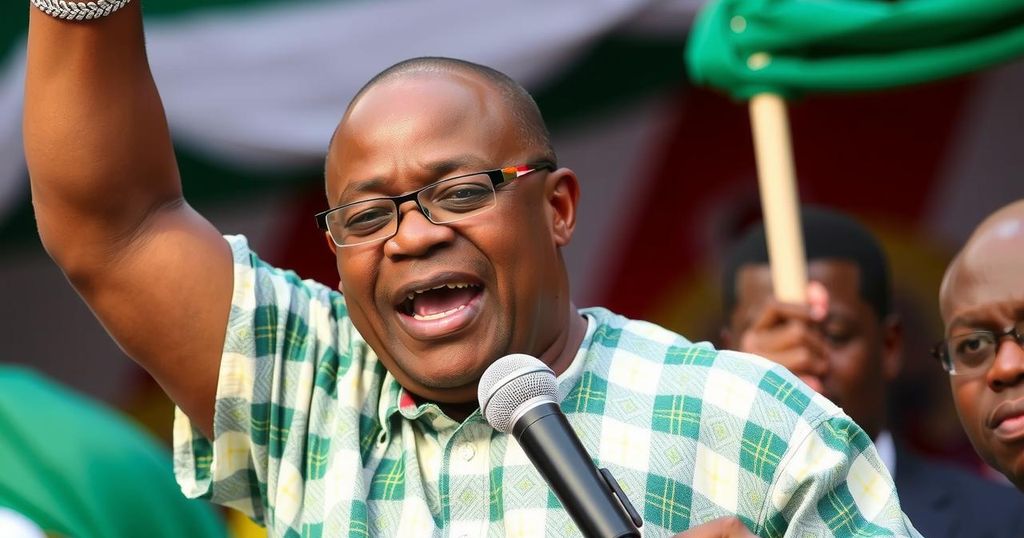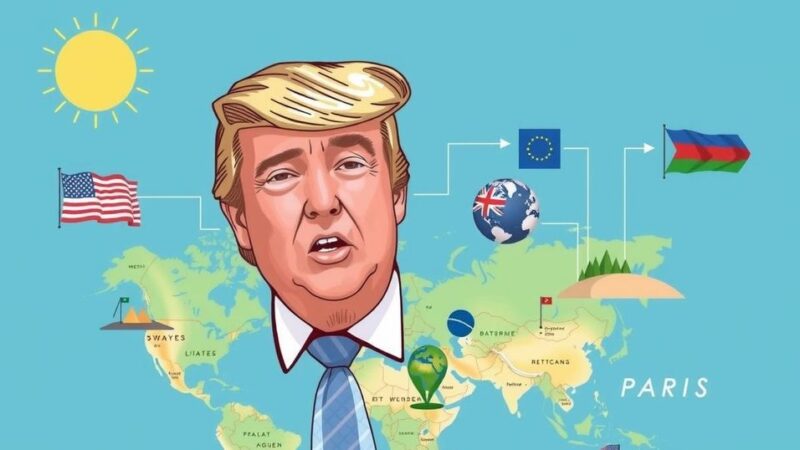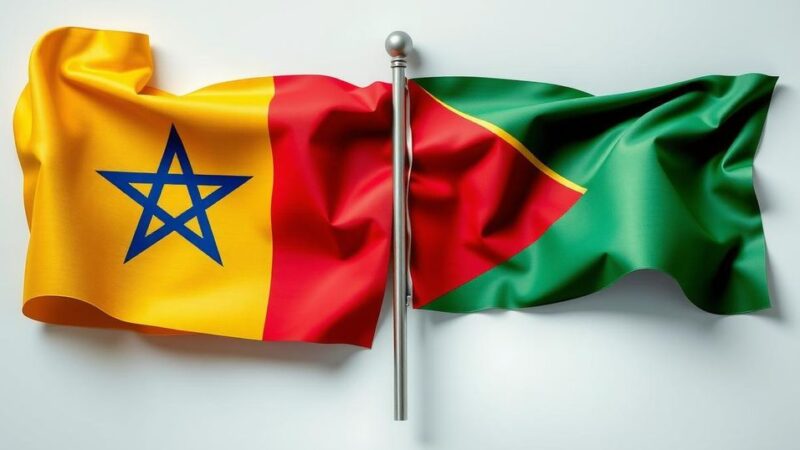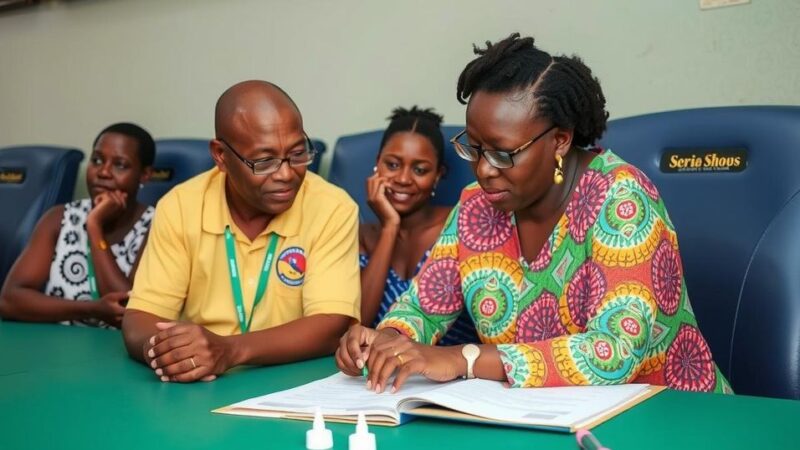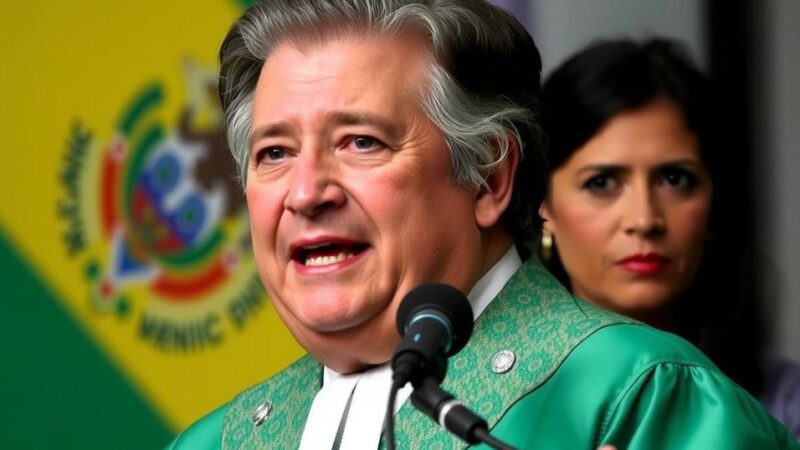John Mahama has emerged victorious in Ghana’s presidential election, defeating ruling party candidate Vice President Mahamudu Bawumia by securing 56 percent of the vote. His victory comes in the wake of widespread discontent with the government’s economic policies. Mahama has pledged to implement reforms to revitalize the economy and restore citizens’ trust in governance, marking a significant political shift as he takes over leadership from the NPP after eight years.
John Mahama, leader of Ghana’s opposition, has officially been declared the winner of the recent presidential election, effectively ending the New Patriotic Party’s (NPP) eight-year rule. Mahama secured 56 percent of the votes, a decisive victory over the ruling party’s candidate, Vice President Mahamudu Bawumia, who garnered 41 percent. The electoral commission’s announcement follows widespread discontent among voters regarding the government’s handling of the economy and escalating living costs. In a concession statement, Bawumia acknowledged the electorate’s desire for change and recognized the National Democratic Congress (NDC) as the winner of the parliamentary elections as well.
In his acceptance speech, Mahama, aged 66, promised reforms aimed at reviving Ghana’s economy and reorganizing parts of the country’s deal with the International Monetary Fund (IMF). He referred to the past governance by the NPP as a period marked by significant economic struggle, emphasizing the need for a fresh approach to leadership. Mahama cited a commitment to “reset” Ghana as a key tenet of his agenda moving forward. Despite facing historical criticisms during his previous terms, including managing economic challenges and power outages, he capitalized on the current government’s lack of public support.
The election turnout was reported at 60.9 percent, which is a notable decline from the 79 percent in the 2020 election. Analyses reveal that Ghana’s recent economic turmoil, including a debt crisis and currency depreciation, significantly influenced voter decisions. Historically, Ghana has experienced democratic stability, with power alternating between the NPP and NDC. Mahama’s victory holds implications for the nation as it seeks to address its economic issues and reinstate citizens’ faith in governance.
The transition represents a critical juncture for Ghana, as the NDC aims to navigate complex financial dynamics and execute the reforms necessary to restore economic resilience.
The political landscape in Ghana has been marked by a history of alternating leadership between the New Patriotic Party (NPP) and the National Democratic Congress (NDC) since the establishment of multi-party democracy in 1992. The recent election drew attention due to the country’s severe economic challenges, which have recently included a debt crisis, inflation, and currency devaluation. Voter sentiment was heavily influenced by dissatisfaction with the incumbent government’s economic management, contributing to the NDC’s electoral success under Mahama.
In conclusion, John Mahama’s victory in Ghana’s presidential election signals a public demand for change amid ongoing economic struggles. His commitment to implementing reforms and revitalizing the economy will be crucial as he seeks to restore faith in the government and address the significant issues affecting Ghanaians’ daily lives. With historical patterns of political alternation in Ghana, Mahama’s leadership is poised to address the aspirations of the electorate in navigating the nation’s challenges.
Original Source: www.france24.com
